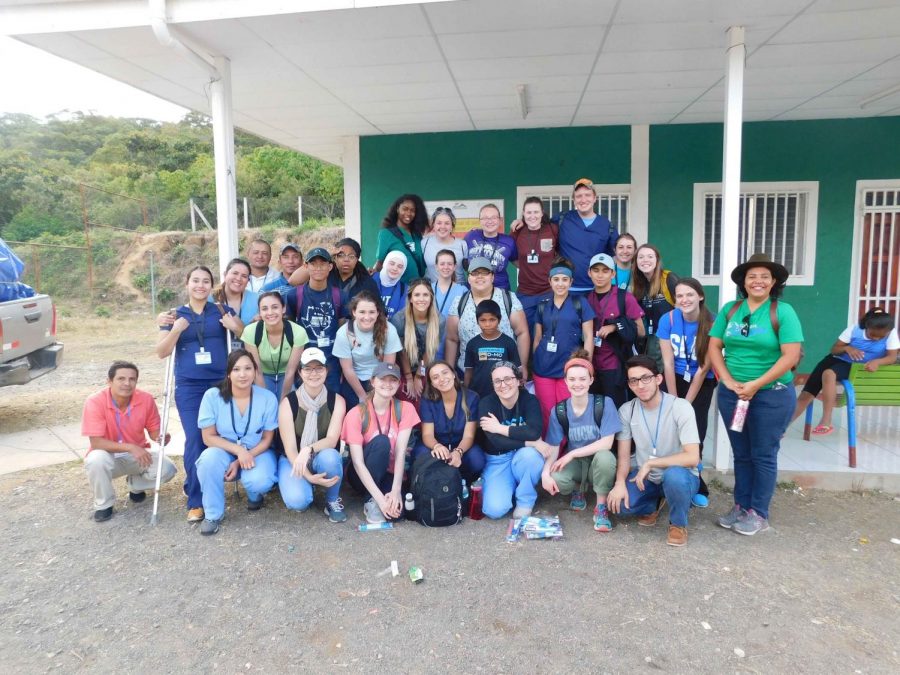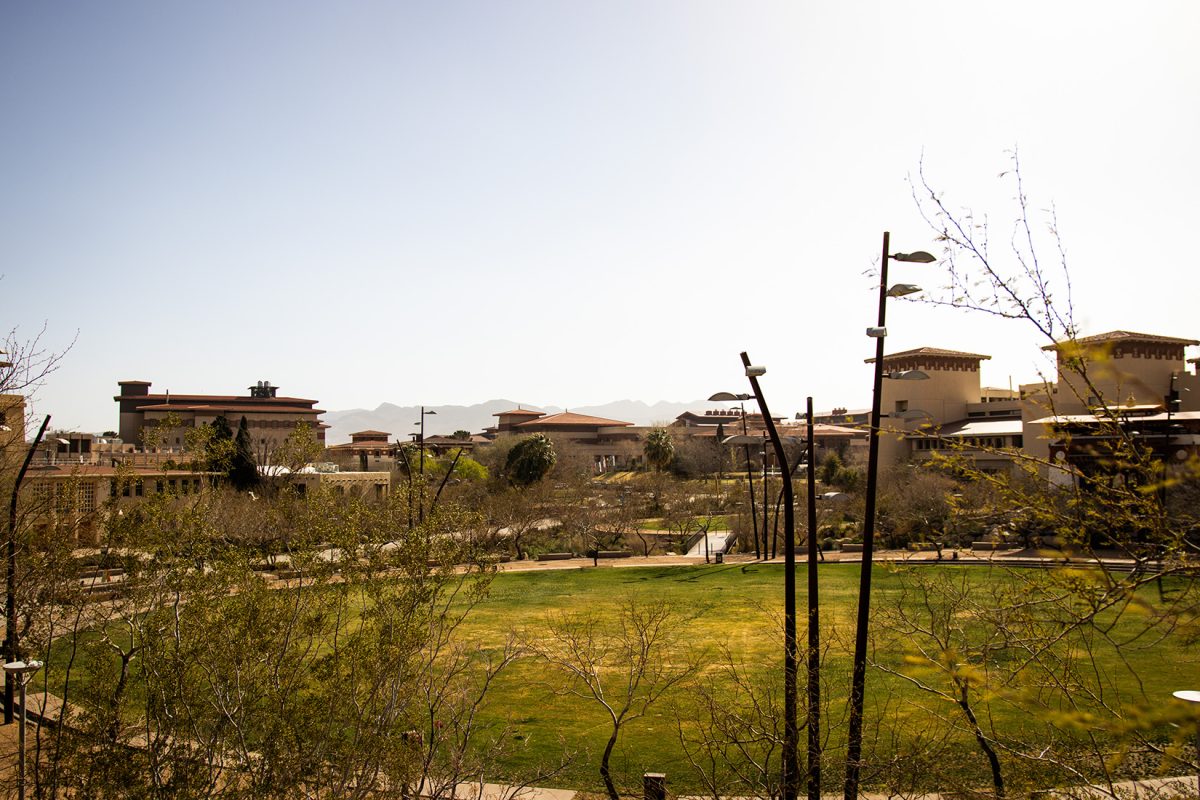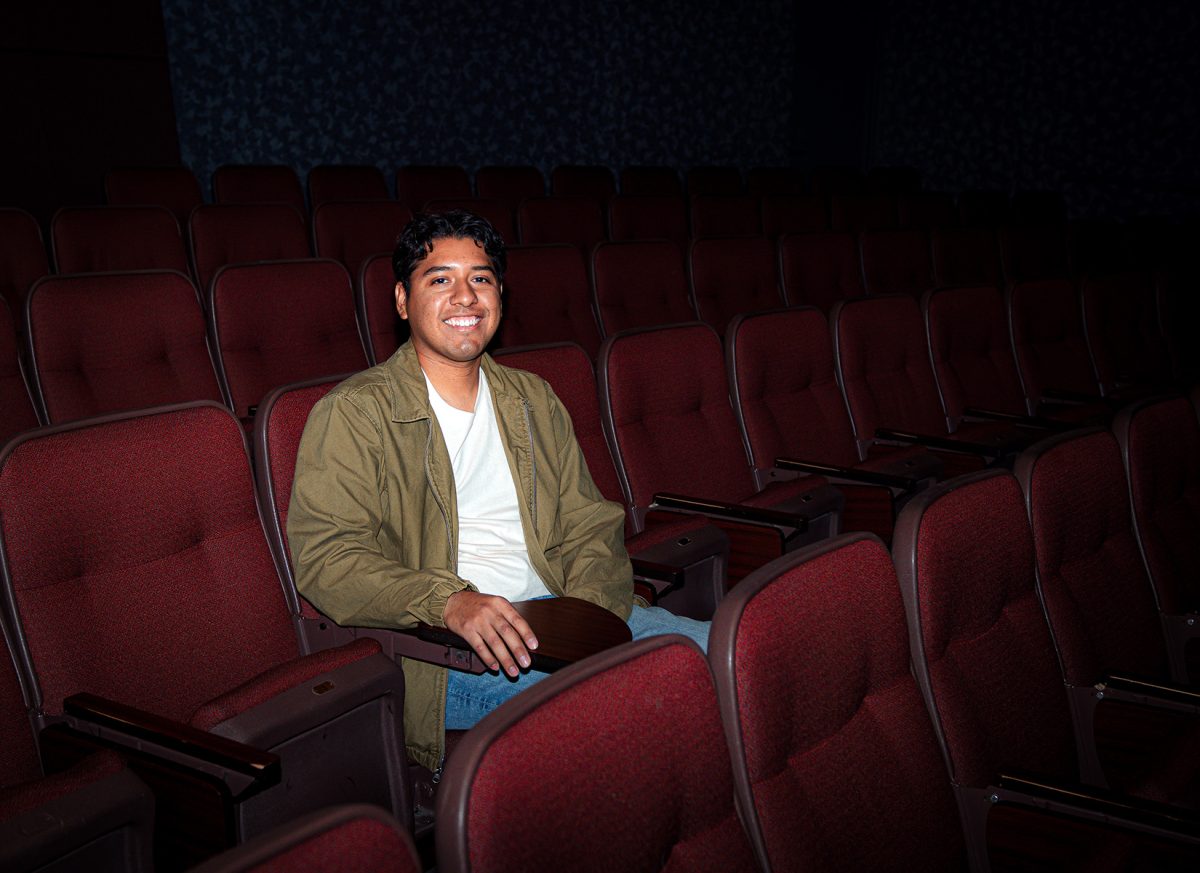While many students chose to spend their spring break out of town or relaxing at home, a group of UTEP students traveled to Central America to provide healthcare to low-income residents.
Members of the UTEP Global Medical Brigades, a non-profit, student-led organization that travels internationally to provide healthcare for people who would otherwise have little to no healthcare access, traveled to Nicaragua for spring break with students from St. Louis University.
“(We) chose Nicaragua after considering that there would be less of a language barrier, and also having the opportunity to do something toward our careers while in such a beautiful place was convincing enough,” said Jacqueline Amador, UTEP GMB president and senior biochemistry major.
Other countries in Central America, such as Honduras, were out of the question due to the high levels of crime plaguing the country right now. Although it’s the largest country in Central America and full of culture, Nicaragua is the least stable country in the region and the second poorest country in the hemisphere after Haiti, making the inaugural trip one the organization will never forget.
The process for organizing such a life-changing experience was no easy feat. Amador said she started from scratch, having to recruit a whole team of medical brigades and fundraise for the brand-new organization.
“Our objective was to not only help the people with dental and medical care, but also educate them about preventive measures they can take to avoid things such as STDs or cavities,” Amador said.
A typical day with the medical brigades included a two-hour car ride to a local community center, which was not always available. When the community center was not available, the medical brigades would set up their pharmacy or clinic in a home provided by a member of the community.
The organization was involved in many public health projects during their stay, from packaging medicine, to dispense throughout the community, to assisting with medical and dental procedures. In addition to providing medical supplies to local residents, the organization also helped develop a trench, where the locals planned to place a pipe for drinkable water to reach over 100 families.
“It’s a really gratifying experience and truly eye-opening to see how there are people with needs everywhere else and to be able to do something about it,” said Jerricho Tipo, secretary and treasurer of UTEP GMB and a senior biological sciences major.
Tipo said many families in Nicaragua do not have access to medical or dental amenities and live with stomach pains, headaches, rotting teeth and gum diseases without a clear solution in sight.
“They just live through the pain, it becomes normal for them,” Tipo said.
While some medical brigades attended to healthcare for adults, many were assisting children through health education. Members taught the children how brush and floss their teeth and educated them on the importance of hygiene.
“It’s nice see that they appreciate that we’re there and that there is something that can be done about their situations,” Tipo said.
Almost everyone in each of the families wants to be seen by the doctor. Unfortunately, because of limited resources and time, members were only able to treat a select number of patients.
“It’s heartbreaking because each family member has a problem either with muscle pain, stomach pain, headaches, parasites or bacteria infections, and we can only treat some of them,” said Valeria Urbina, project organizer of UTEP GMB and senior forensic science major.
Some residents in Nicaragua must walk miles for water or medicine. And being able to provide for those communities is what inspires the medical brigades of UTEP.
“Medicine isn’t just about life versus death situations. It’s also about giving patients a good quality of life because it’s really tough to live in a situation where you don’t have a good quality of life,” Urbina said.






